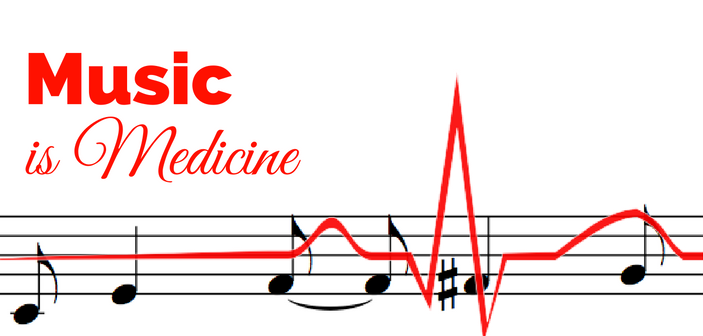Music is Medicine
The thing they don’t tell you: about music.
The other day I stumbled upon a TED talk by Robert Gupta entitled “Between Music and Medicine.” In his talk, Gupta described his choice of a career in music over a career in medicine but how as a musician, he still remained in the practice of medicine.
Listening to his speech, I felt empathetic of his experience and the power of music. Growing up, both playing and listening to music has helped me through some of my hardest moments.
Thinking about this made me wonder about how music actually affects the brain. How is it that we are able to perceive music in a way that can change how we feel? An MIT article describes that this recognition may occur in multiple parts of the brain creating a hierarchy consisting of stages. The first stage being the processing of simple acoustics, and the second stage being the interpretation of these abstract sounds into speech and music. But it is still unclear how the sound is really translated into an emotion.
It is here that we can find a bridge between neuroscience and psychology. Is it really just the firing of receptors and neurotransmitters that are responsible for an emotion? The problem in short is that there is no universally accepted definition of an emotion. Another article, Hard Feelings: Science’s Struggle to Define Emotions, describes this indecision between these sciences and some theories on the subject. However, they don’t come to much of a conclusion either.
So it remains unclear on what an emotion is, and even unclear-er on how music can affect those emotions. It is amazing to think that something so surely felt, can be so difficult to define. But no matter how indefinite it may be, there’s no denying that a melody can ignite a feeling. So maybe medicine isn’t always tangible. Maybe some medicine really is priceless.





